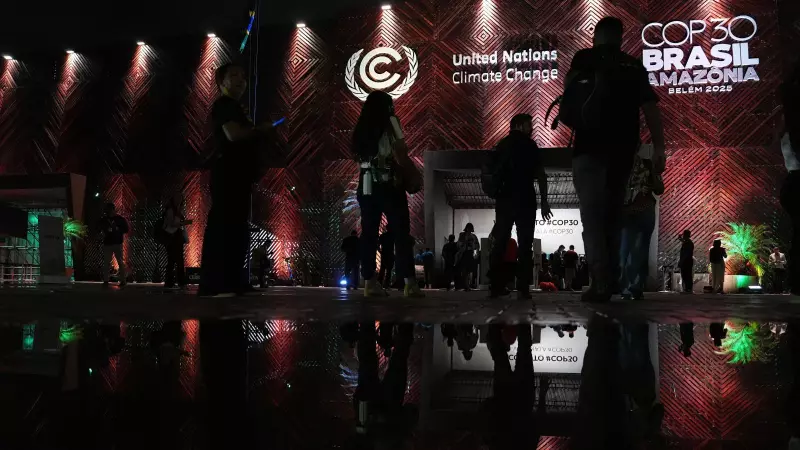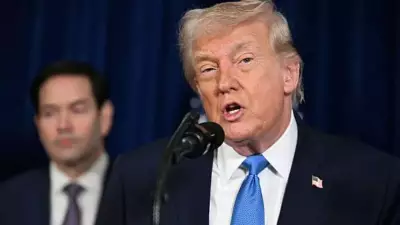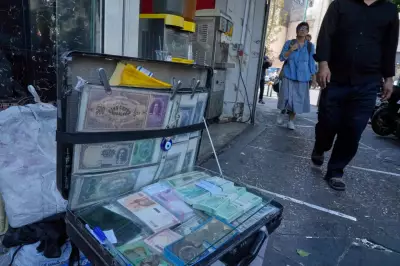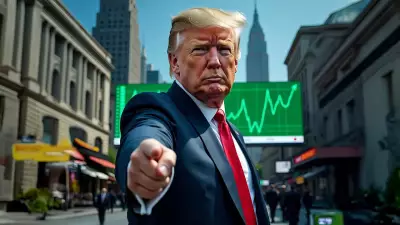
The recently concluded COP30 UN climate summit in Belem, Brazil, has signaled a significant shift in global power equations, with the final agreement heavily accommodating the core concerns of major developing nations like India and China. This shift was particularly notable in the absence of the United States, which did not send an official delegation for the first time in three decades.
A Political Package Tilted Towards Developing Nations
The centerpiece of the summit's outcomes, dubbed a "political package," integrated two critical issues championed by the developing world. Firstly, it addressed the long-standing demand for the implementation of Article 9.1 of the Paris Agreement, a provision that mandates developed countries "shall provide financial resources." Developing countries, led by India, have argued this clause has been systematically ignored in favor of weaker alternatives.
The COP30 agreement proposes establishing a two-year work programme to discuss all climate finance issues, including this pivotal article. Secondly, the agreement formally acknowledged concerns regarding unilateral trade measures like the European Union's Carbon Border Adjustment Mechanism (CBAM).
Victory on Trade and Finance, Silence on Fossil Fuels
On the trade front, the final text recognizes the position of India and China, stating that climate response measures must not amount to "arbitrary or unjustifiable discrimination or a disguised restriction on international trade." This is a significant diplomatic win for nations that have labeled CBAM—a tariff on imports with high carbon footprints—as discriminatory and a violation of global trade rules.
In stark contrast, the agreement completely omitted any mention of a fossil fuel phase-out roadmap, a key non-negotiable demand for the European Union, several Latin American countries, and small island nations. Despite early support from about 80 countries, a coalition of nations including India, China, Russia, and Saudi Arabia ensured the proposal was left out of the final text.
An official Indian source had previously stated that a uniform phase-out plan was untenable, emphasizing that countries must be free to chart their own energy transition pathways based on national interest.
A New Balance of Power in Climate Diplomacy
The final outcome underscores a decisive shift in influence at the climate negotiation table. The bloc of large developing countries, particularly the BRICS grouping (Brazil, Russia, India, China, South Africa), demonstrated its ability to steer the agenda. Without the counterweight of the United States, the European Union and allies like Australia lacked the political heft to push through their priorities.
As a face-saving measure, COP30 President André Aranha Corrêa do Lago announced he would use his presidential authority to create voluntary roadmaps on deforestation and transitioning away from fossil fuels. However, these initiatives are not backed by the unanimous force of a COP decision. Separately, Colombia offered to host a global conference next year focused on accelerating the elimination of fossil fuels.
While the host nation Brazil succeeded in its goal of restoring trust in the UN climate process after a disappointing previous year and the US withdrawal from the Paris Agreement, the summit delivered little in terms of concrete, accelerated climate action. The agreements adopted are unlikely to significantly enhance the effectiveness of the global fight against climate change.





